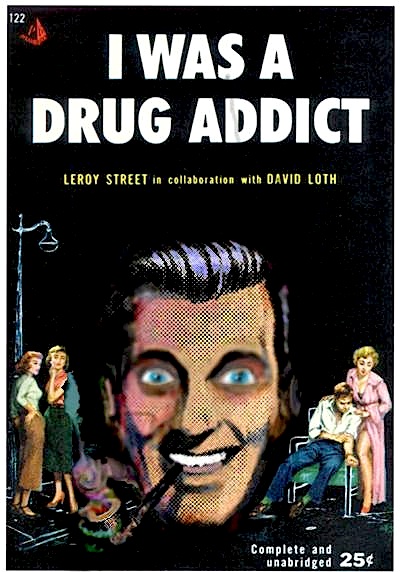NEW YORKER: Adderall, a stimulant composed of mixed amphetamine salts, is commonly prescribed for children and adults who have been given a diagnosis of attention-deficit hyperactivity disorder. But in recent years Adderall and Ritalin, another stimulant, have been adopted as cognitive enhancers: drugs that high-functioning, overcommitted people take to become higher-functioning and more overcommitted. (Such use is “off label,” meaning that it does not have the approval of either the drug’s manufacturer or the Food and Drug Administration.) College campuses have become laboratories for experimentation with neuroenhancement, and Alex was an ingenious experimenter. His brother had received a diagnosis of A.D.H.D., and in his freshman year Alex obtained an Adderall prescription for himself by describing to a doctor symptoms that he knew were typical of the disorder. During his college years, Alex took fifteen milligrams of Adderall most evenings, usually after dinner, guaranteeing that he would maintain intense focus while losing “any ability to sleep for approximately eight to ten hours.” In his sophomore year, he persuaded the doctor to add a thirty-milligram “extended release” capsule to his daily regimen.
Alex recalled one week during his junior year when he had four term papers due. Minutes after waking on  Monday morning, around seven-thirty, he swallowed some “immediate release” Adderall. The drug, along with a steady stream of caffeine, helped him to concentrate during classes and meetings, but he noticed some odd effects; at a morning tutorial, he explained to me in an e-mail, “I alternated between speaking too quickly and thoroughly on some subjects and feeling awkwardly quiet during other points of the discussion.” Lunch was a blur: “It’s always hard to eat much when on Adderall.” That afternoon, he went to the library, where he spent “too much time researching a paper rather than actually writing it—a problem, I can assure you, that is common to all intellectually curious students on stimulants.” At eight, he attended a two-hour meeting “with a group focussed on student mental-health issues.” Alex then “took an extended-release Adderall” and worked productively on the paper all night. At eight the next morning, he attended a meeting of his organization; he felt like “a zombie,” but “was there to insure that the semester’s work didn’t go to waste.” After that, Alex explained, “I went back to my room to take advantage of my tired body.” He fell asleep until noon, waking “in time to polish my first paper and hand it in.”
Monday morning, around seven-thirty, he swallowed some “immediate release” Adderall. The drug, along with a steady stream of caffeine, helped him to concentrate during classes and meetings, but he noticed some odd effects; at a morning tutorial, he explained to me in an e-mail, “I alternated between speaking too quickly and thoroughly on some subjects and feeling awkwardly quiet during other points of the discussion.” Lunch was a blur: “It’s always hard to eat much when on Adderall.” That afternoon, he went to the library, where he spent “too much time researching a paper rather than actually writing it—a problem, I can assure you, that is common to all intellectually curious students on stimulants.” At eight, he attended a two-hour meeting “with a group focussed on student mental-health issues.” Alex then “took an extended-release Adderall” and worked productively on the paper all night. At eight the next morning, he attended a meeting of his organization; he felt like “a zombie,” but “was there to insure that the semester’s work didn’t go to waste.” After that, Alex explained, “I went back to my room to take advantage of my tired body.” He fell asleep until noon, waking “in time to polish my first paper and hand it in.”
I met Alex one evening last summer, at an appealingly scruffy bar in the New England city where he lives. Skinny and bearded, and wearing faded hipster jeans, he looked like the lead singer in an indie band. He was ingratiating and articulate, and smoked cigarettes with an ironic air of defiance. Alex was happy enough to talk about his frequent use of Adderall at Harvard, but he didn’t want to see his name in print; he’s involved with an Internet start-up, and worried that potential investors might disapprove of his habit. MORE

